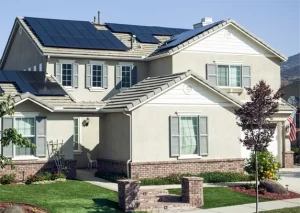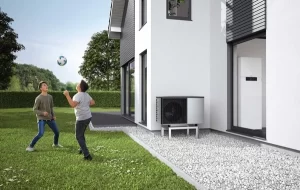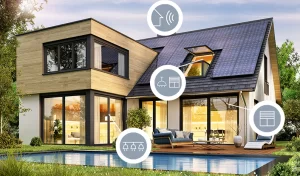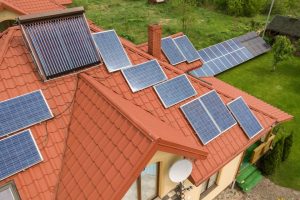How to Stack Home Energy Storage?
When it comes to optimizing your energy efficiency, understanding how to effectively stack your solar battery storage system is key. With increasing energy demands and the push for sustainability, many homeowners are looking into home battery solutions. Not only do these systems provide backup power, but they also reduce reliance on the grid. So, how do you stack these systems effectively? Let’s delve into the details.
The Importance of Home Energy Storage Systems
First off, let’s discuss why a solar battery storage system is essential. Home energy storage allows you to store energy during low-demand periods, utilizing it during peak times. This capability not only decreases your dependence on the power grid but also ensures you have backup power during outages—giving peace of mind when the lights go out. Imagine not having to scramble for candles or flashlight batteries!

Choosing the Right Technology
Before stacking, you need to select the right energy storage technology. Here are the main types available:
- Lithium-ion Batteries: Highly favored for their energy density, longevity, and safety, though they can be on the pricier side.
- Lead-acid Batteries: More affordable, but they lack energy density and have a shorter lifespan.
- Flow Batteries: Great for large-scale energy storage but come with technical complexities and higher costs.
Selecting the right technology is crucial as it impacts how effectively you can stack your systems.
Stacking Methods for Energy Storage Systems
When it comes to stacking your home battery systems, you have several methods to consider. It’s not just about piling batteries on top of one another; it’s about integrating them for maximum efficiency.
Series Stacking: This method involves connecting multiple energy storage units in series to increase the output voltage. Perfect for scenarios requiring higher voltage.
Parallel Stacking: Here, multiple units are connected in parallel to boost the output current. This is ideal for applications demanding high current output.
Hybrid Stacking: A combination of both series and parallel stacking allows you to increase both voltage and current. This method is suited for complex applications needing both high voltage and current.
Benefits of Stacking Your Home Energy Storage
Stacking your solar battery storage system can lead to improved efficiency and greater flexibility in your energy usage. Here are a few perks:
- Optimized Performance: By properly stacking your batteries, you can tailor the output to meet your household needs.
- Increased Lifespan: Efficient stacking methods can reduce strain on individual batteries, prolonging their lifespan.
- Cost-Effectiveness: While the initial investment might seem hefty, the long-term savings on your energy bills can be substantial.
Final Thoughts
As the demand for energy-efficient solutions grows, understanding how to effectively stack home battery systems becomes vital. With the right technology and stacking method, you can ensure a sustainable energy future for your home.
Looking for a reliable energy storage solution? Check out the Huijue Home Energy Storage System. Designed for small-capacity network equipment and household backup, it offers efficiency and versatility—making it an ideal choice for modern homes.
Contact us
- Email:[email protected]
- Tel: +86 13651638099
- Address: 333 Fengcun Road, Fengxian District, Shanghai
Get A Quote Now!
Related product links are available directly
Site storage products:Site storage products 归档 – (energystoragecontainer.com)
Lithium Battery:Lithium Battery 归档 – (energystoragecontainer.com)
Read more

Five Advantages of Residential Solar Power: Why Choose Photovoltaic Energy?
As global energy demands continue to rise and environmental issues become more urgent, more and more households are turning to solar power systems. Residential solar photovoltaic (PV) power generation not only helps save energy and reduce carbon emissions but also provides numerous practical benefits in daily life.

Comparison of Functions and Applications Between Home Energy Storage Systems and Outdoor Mobile Power Sources
As our world becomes increasingly reliant on energy-efficient solutions, two popular products have emerged to meet different power needs: the home energy storage system and the outdoor mobile power supply (or portable power station).

From Sun to Socket: An Analysis of the Whole Process of Home Solar Power Generation
Solar energy is no longer just a futuristic concept; it’s here and it’s powering homes across the globe. But have you ever wondered how that sunlight streaming onto your roof gets turned into electricity to charge your devices?

Nighttime Solar Energy: How to Use Energy Storage to Achieve a 24-Hour Power Supply
For many homeowners, the dream of achieving a reliable household solar energy system that can provide power around the clock is becoming a reality. With advances in energy storage devices, especially lithium batteries, even a dark night doesn’t have to mean an interruption in power.
